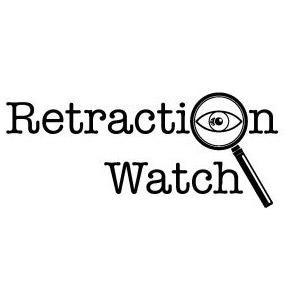
A drug company that manufactures a painkiller used for surgery patients has sued an anesthesiology journal along with its editor and publisher and the authors of articles that it says denigrated its product unfairly.
In a complaint filed yesterday in U.S. District Court in New Jersey, Pacira Biosciences claims that “In the February 2021 issue of Anesthesiology, the ASA, reflecting a bias against EXPAREL amongst the editorial staff at Anesthesiology, published three articles, and other related content, that seriously disparage Pacira’s product EXPAREL,” an FDA-approved drug which they say is “a non-opioid pain medication proven to prolong post-surgery pain relief.”
In seeking retractions, compensatory and punitive damages exceeding $75,000 — the threshold for U.S. federal court — and lawyers’ fees, the company’s attorneys at Latham & Watkins write:
Continue reading Pharma company demands retraction, damages in lawsuit against journal


